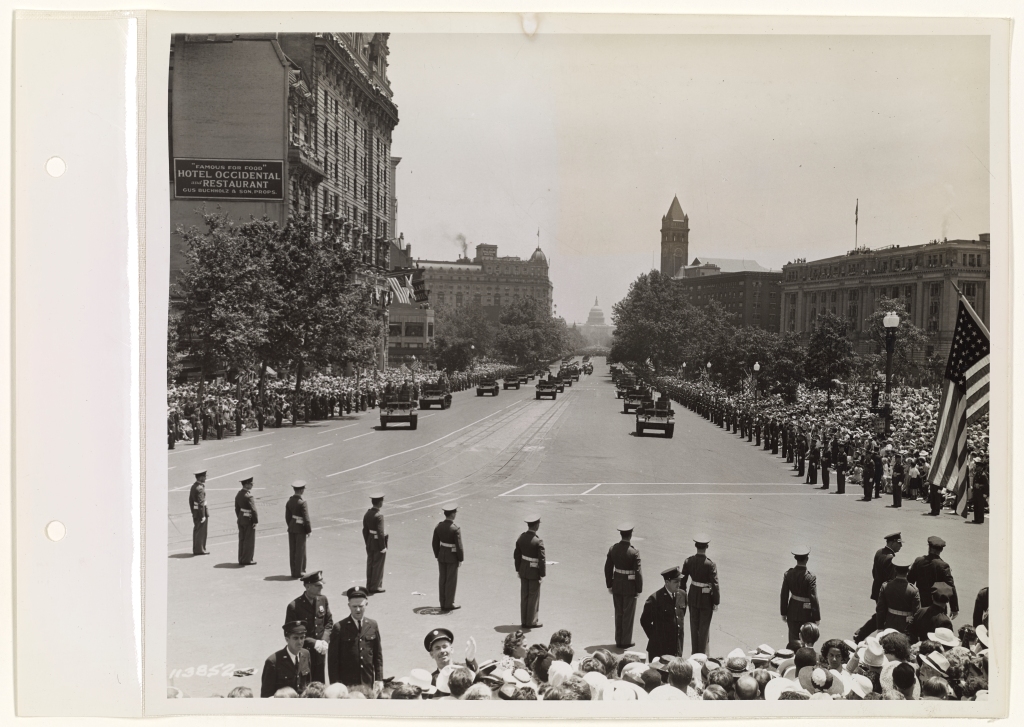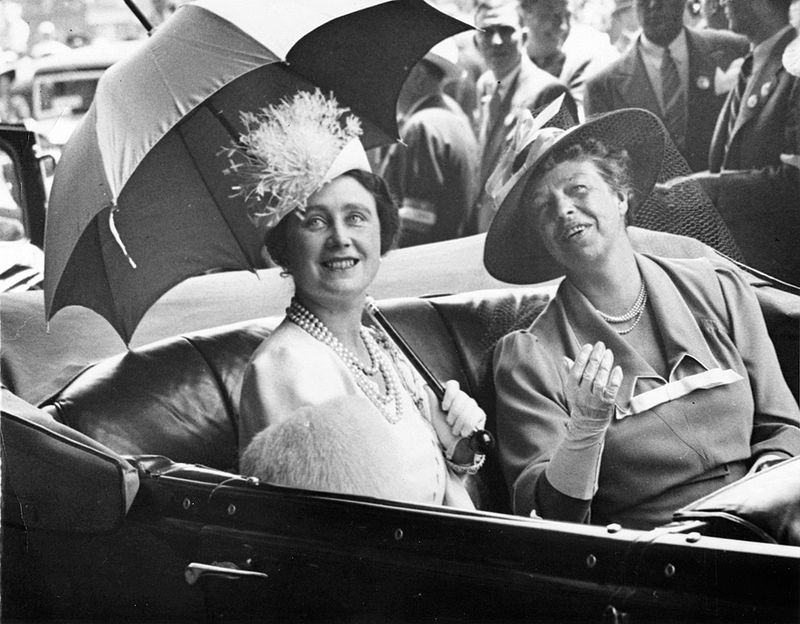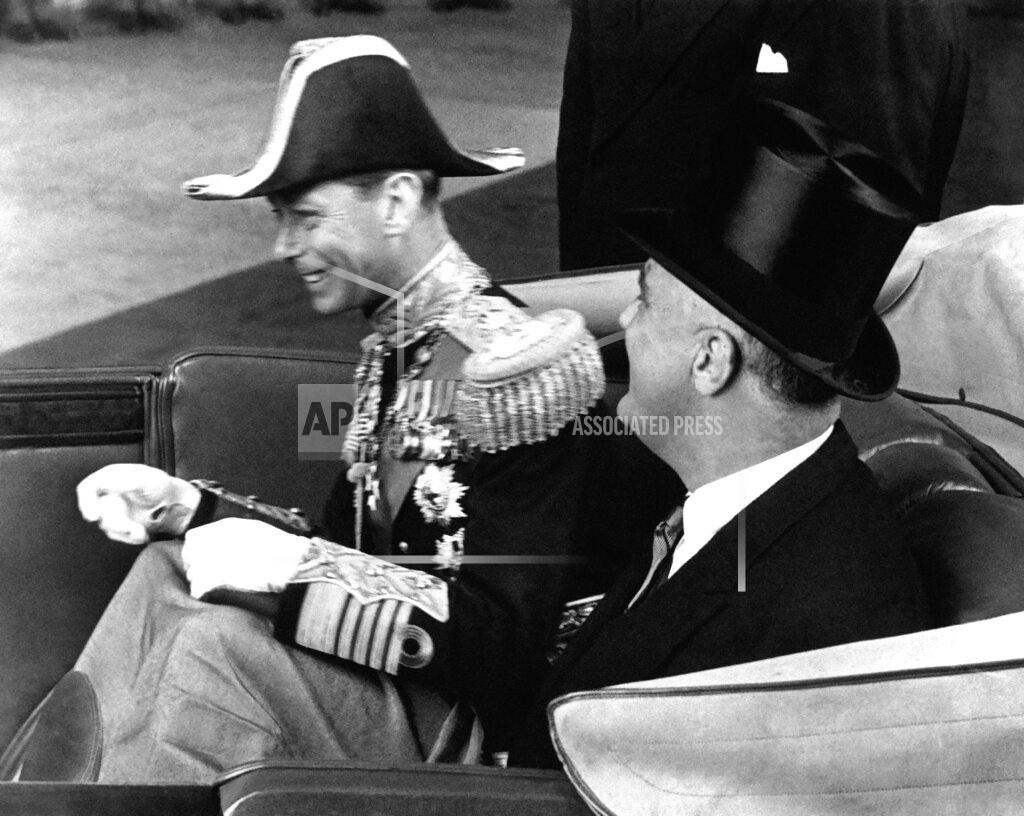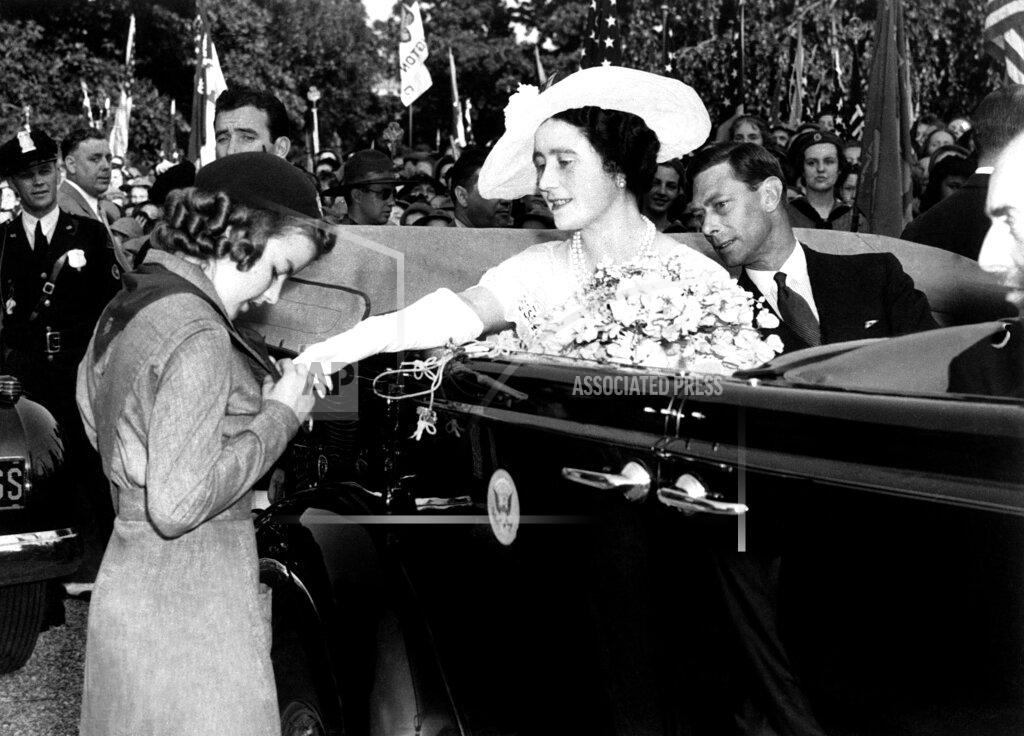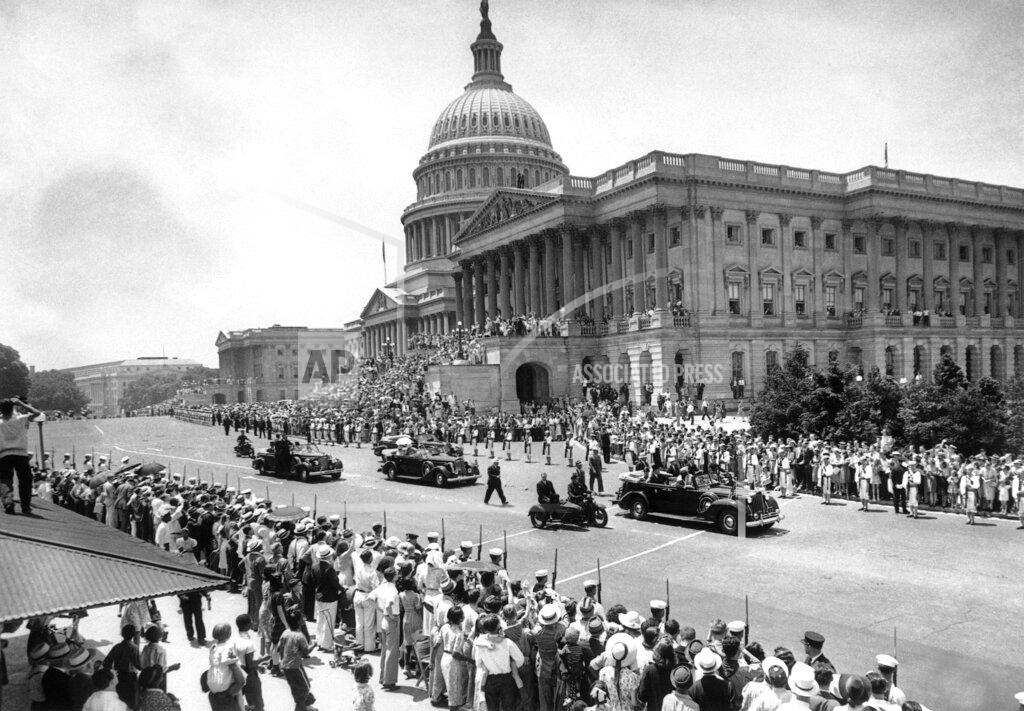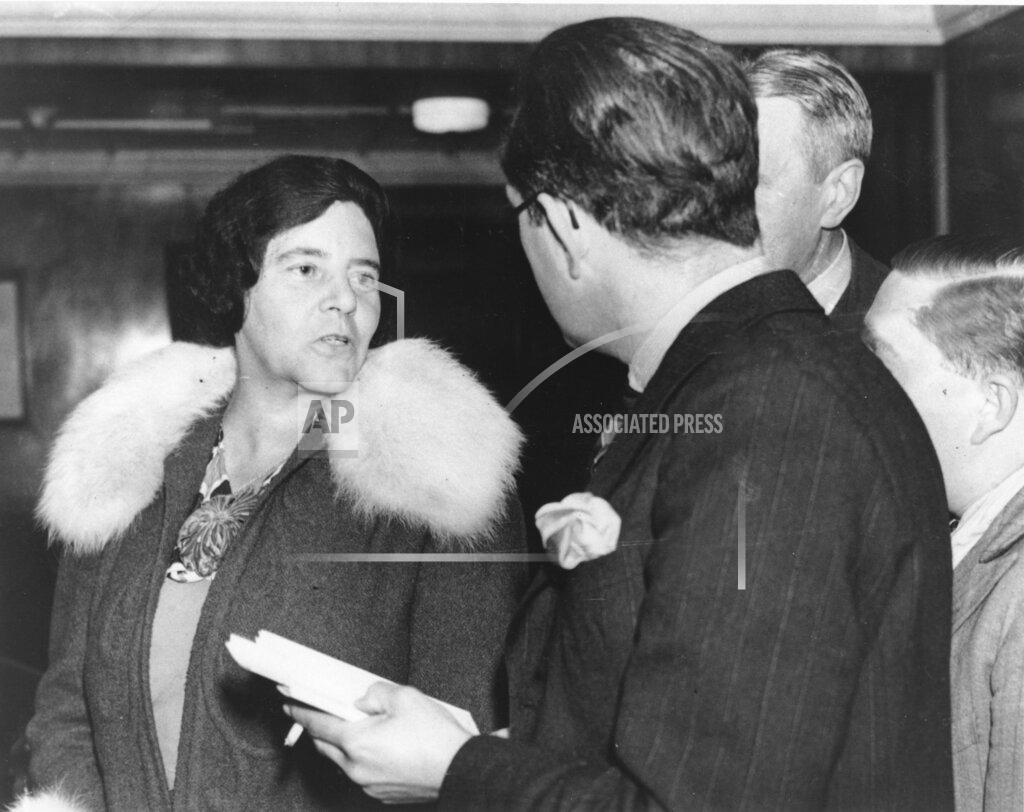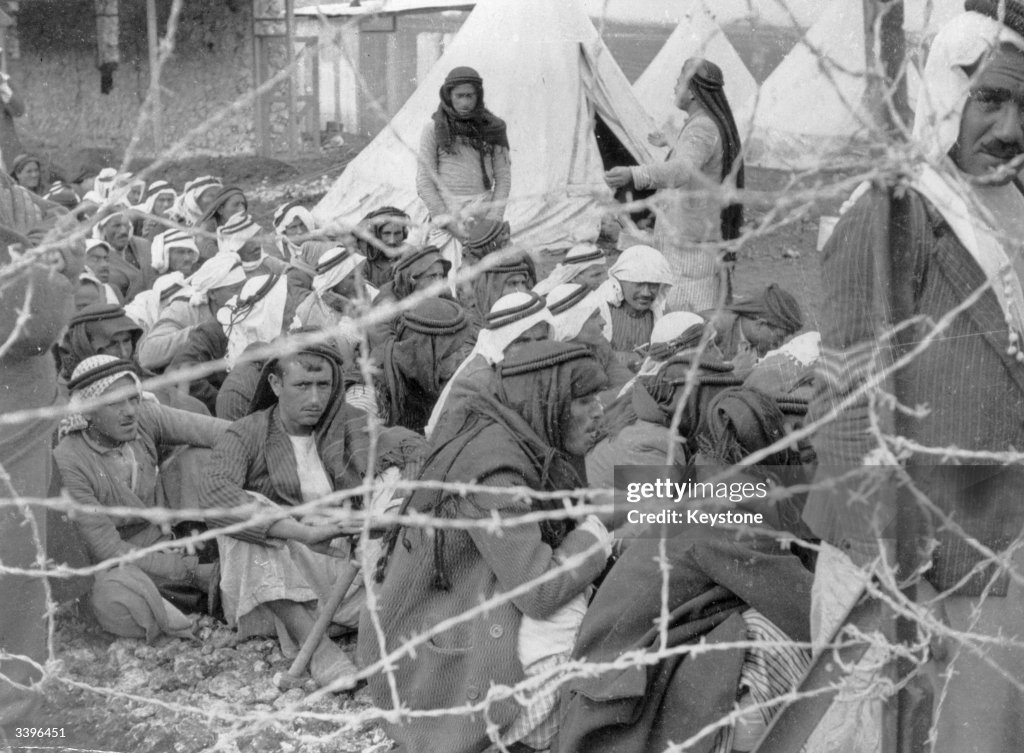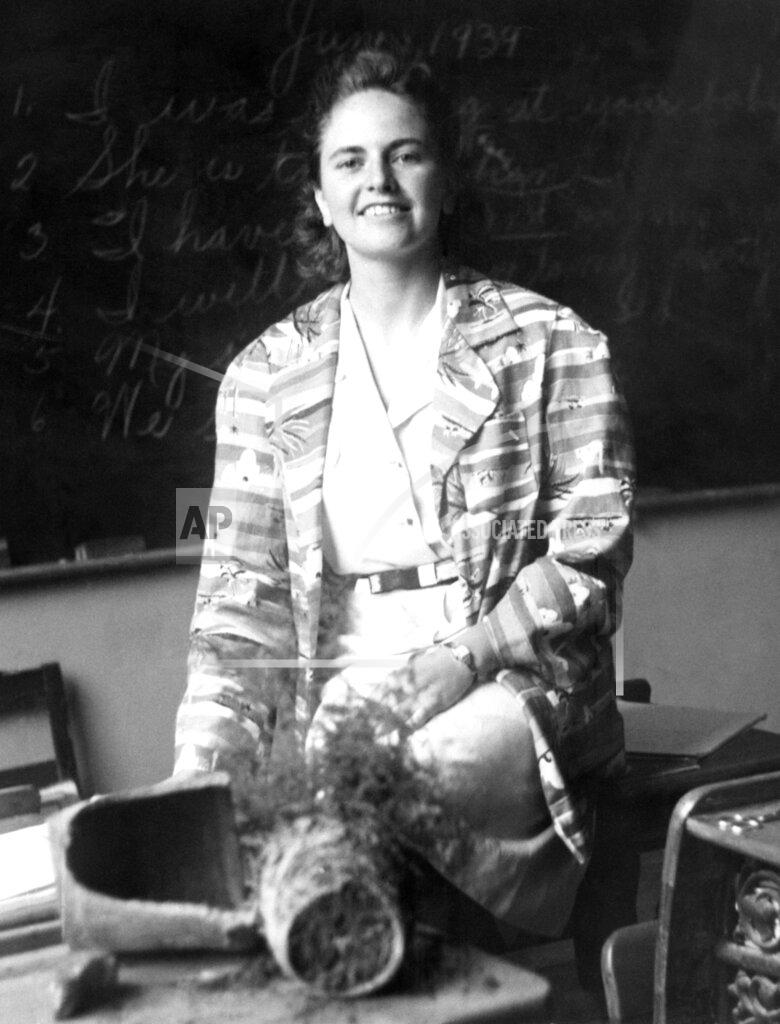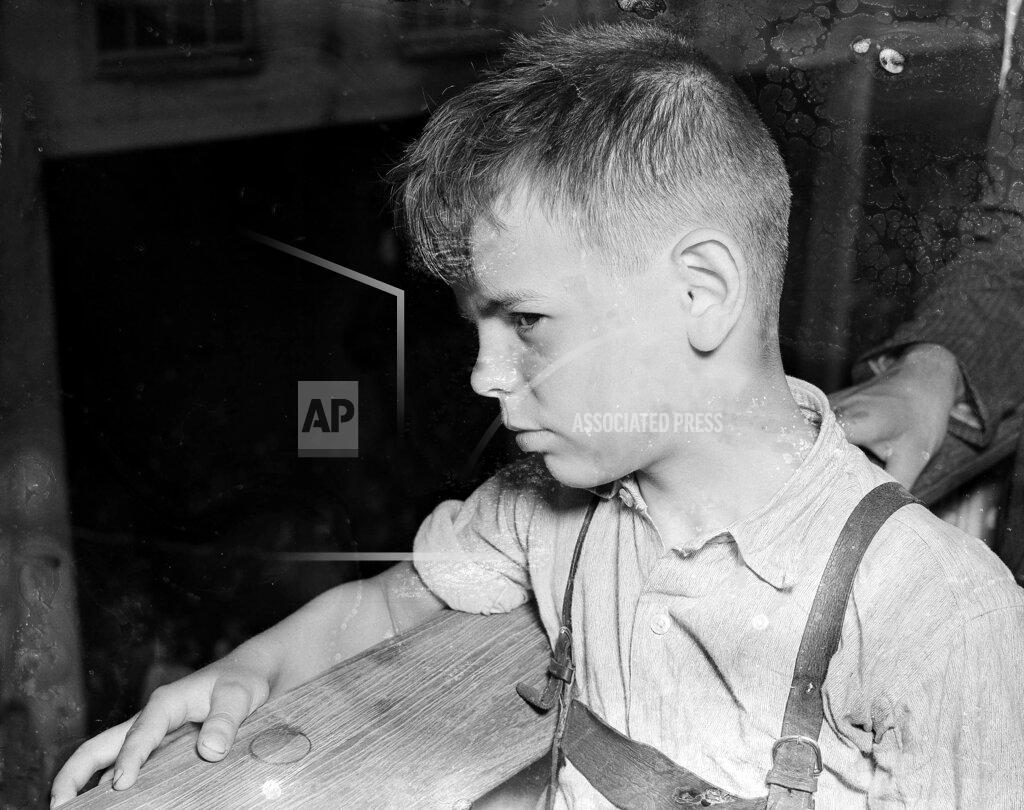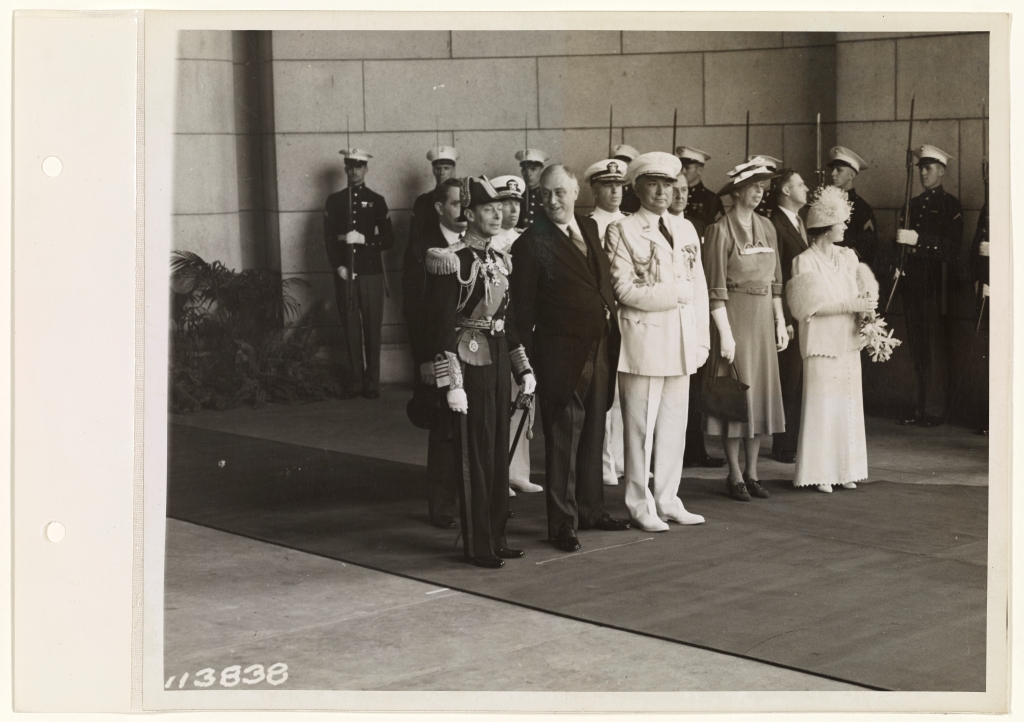
A German police sergeant, Wilhelm Kniest, was found slain in Kladno near Prague. Reichsprotektor of Bohemia and Moravia Konstantin von Neurath punished the city by closing all public buildings, imposing a curfew, removing the mayor and disarming the police because they “failed to fulfill their duty.”
The German protector of Bohemia and Moravia Konstantin von Neurath reacted swiftly to the shooting at a German police officer in the town of Kladno in Czechoslovakia. von Neurath forbade all public meetings at Kladno, closed the tours and schools, disarmed the Czech state police, removed the Mayor and Council and installed a German Commissioner to rule the city. This action was taken a result of a decision in Berlin resulting from concern over passive resistance of the Czechs whose country had been absorbed by Germany less than three months previously.
The shooting occurred last night in front of the Kladno public school. The assailant escaped. Following the incident, the protector issued a series of seven edicts that placed the entire police district under what virtually amounts to martial law. By his order, effective immediately and until further notice:
All open gatherings in the Kladno district are prohibited.
All cinemas, theatres, and public places will be closed.
All schools will be closed because of the agitation of a large part of the teaching staff.
Doors and windows of all houses must be kept closed from 8 PM until 5 AM. All open windows Immediately will be fired on.
The mayor and municipal authorities of the Kladno district have been removed.
A governmental commissar will be appointed for the district.
The Czech State police in the district will be taken into temporary arrest and disarmed.
It was further stated that if the assailant was not arrested by 8 PM tomorrow “further measures will be taken.”
The disarmament of the Kladno State police was affected this evening.
From the German side it was said that Kniest, who had been on night sentry duty outside the school building, was found shot by the guard who was to have relieved him. This morning Karl Hermann Frank, secretary to Baron von Neurath and former right-hand man of Konrad Henlein, accompanied by General Kamptz, police commander, visited Kladno, about twenty miles from Prague. Soon after their arrival the edicts were issued.
Kladno has been known for many years as “Red Kladno,” the description given to it early in the century. It was here that the late Thomas G. Masaryk made his first political speech more than forty years ago, and the fact that he took the side of the workers in one of the most important industrial disputes in the history of the Austro-Hungarian Empire set a tradition that has endured. Anti-German feeling has been running high in the Kladno district. The workers in the steel factories are reported to have said that when the time came, they would throw the Germans who had been sent from the Reich to work with them into the furnaces.
Members of the Hitler Youth were forbidden from eating ice cream cones while in uniform. They were informed by their superiors that it was “not in conformity with the dignity” of the uniform.
Spanish Army chiefs who accompanied the German Condor Legion to Berlin today attended an exhibition of artillery maneuvers with ball ammunition at the Jüterbog training grounds near Berlin. The visitors saw every caliber of the German Army’s heavy-gun equipment in actual practice within a framework of miniature sham battles. The official report points out that the demonstration was not lacking in realistic effect even to the extent that near-by forests were set on fire by heavy artillery barrages.
A report that a so-called Spanish military mission had arrived in Berlin was probably derived from the presence of four Spanish Army chiefs and nine generals who are the Reich’s guests on the occasion of the return of the German troops from Spain. There is no reason why an official military mission should visit Germany at this time, as the reorganization of the Spanish Army has been proceeding along the principles of instruction carried out under the direction of German officers who have been in Spain since July, 1936. The Spanish fighting forces are being organized on the German model, it is stated, and Spain already has a nucleus of no fewer than 50,000 commissioned and noncommissioned officers and men, most of whom are “German trained.” It would seem self-evident that Germany, no less than Italy, was determined to provide Spain with an efficient fighting force.
It was also reported in informed quarters tonight that the entire German Army equipment and military supplies were turned over to General Francisco Franco at the conclusion of the Spanish hostilities. The Condor Legion in its victory parade Tuesday carried only rifles. It was intimated the arms were “acquired” by General Franco on a purchase basis and that Germany had received a promise of reimbursement within the framework of her commercial treaty with Spain. Germany, it is declared, will be compensated with deliveries of Spanish ores, other raw materials and agricultural products.
Most of what Americans read and heard over the radio of the welcome to King George and Queen Elizabeth by President and Mrs. Roosevelt has by excellent transmissions been read and heard by Britons in London, with a series of radioed pictures to aid visualization of what the Laborite Daily Herald calls that “spontaneous expression of friendliness between the two great English-speaking nations.”
There is no small elation among British folk that their King and Queen should be so welcomed. “The news of it touches the hearts of the British people,” The Daily Herald said. “It has been the unassuming friendliness the King and Queen have shown during their Canadian tour that more than anything else has won them popularity in the United States. It is this very quality of naturalness — the ability to throw off pomp and mix freely with people — that is the key to the success of the democratic monarchy in Britain.”
While the French public is beginning to weary of the endless discussion of whether and on what terms Soviet Russia is prepared to join the Western democracies in opposing any act of aggression by Germany, the French Government remains convinced of the desirability and possibility of such an alliance. This evening, following a long discussion with Premier Edouard Daladier and Foreign Minister Georges Bonnet, the British Ambassador, Sir Eric Phipps, left suddenly for London to lay before Prime Minister Neville Chamberlain and Viscount Halifax, the Foreign Secretary, the French views on the latest developments. So it may be considered likely that the proposals to be carried to Moscow by William Strang of the British Foreign Office will be Anglo-French in character.
In the main, it is believed, the French will approve the Chamberlain formula that the form of the treaty among Russia, France and Britain should be “for the protection of their vital interests mutually.” This formula should at least cover the most recent Russian demands, it is held here. The French seem to fear, however, that this will not be sufficient to satisfy Moscow and would like to have added some phrase covering the “territorial integrity and independence of nations,” but, in deference to the attitude of Finland, Estonia and Latvia, without specifying what nations.
The pro-Nazi Arrow Cross Party won about 15% of the vote in the recent Hungarian election. The government still holds a comfortable majority in the parliament.
Switzerland refuses to stage the 1940 Winter Olympics unless the full ski program is reinstated. A new site may be needed and Germany is the likely choice.
Opinion in Estonia is very disturbed over the implications of the Soviet proposal to guarantee Estonia’s, Latvia’s and Finland’s territorial integrity against those countries’ own wishes. It is said the Soviet Government intends to use such a guarantee as a springboard for assuming control of these States on the first suitable occasion. These three countries still have such fresh memories of Russian domination that the mere prospect of a new invasion by a Russian army coupled with Soviet military rule, even for the alleged purpose of warding off other invading troops, is utterly distasteful. Finland’s official rebuff to the Soviet proposal is being met here with apparent satisfaction as helping to bring the three nations closer together.
President Roosevelt welcomed King George and Queen Elizabeth of Great Britain, accompanied them on a tour of the capital this afternoon and was their host, with Mrs. Roosevelt, at a state dinner at the White House tonight. He signed the joint resolution providing that Reorganization Plans 1 and 2 take effect on July 1, and nominated Leland Olds to be a member of the Power Commission.
The Senate approved the Wagner bill to increase the bond authorization of the United States Housing Authority, received two bills to provide aid to business and adjourned at 3:11 PM until 10:30 AM tomorrow.
The House considered the bill liberalizing the social security program, passed a bill fixing standardized bagging for cotton shipped in interstate commerce, heard Representative Sweeney read a telegram to King George urging payment of the British war debt and adjourned at 4:30 PM until 10:30 AM tomorrow. An appropriations subcommittee continued its investigation of the Works Progress Administration.
King George VI and Queen Elizabeth visited the United States. This was the first ever visit by a reigning British monarch to the country. The state visit was designed to bolster Anglo-Saxon relations in response to the increasing tensions in Europe.
A crowd as enthusiastic and large as ever greeted an American President on inauguration day turned out today to watch and take part in the pomp, ceremony and vivid color with which the national capital greeted King George VI and Queen Elizabeth. A solid mass of people crowded the streets, filled the roofs and windows of buildings, overflowed into grandstands and hung on statues” and every possible vantagepoint on the royal route from the Union Station to the White House as flags, booming salutes, soaring fleets of fighting planes, smartly uniformed troops, rumbling tanks and dashing cavalry took part in one of the most impressive demonstrations ever seen in Washington.
This was a human as well as official greeting, and all down the route of march a waving mass of American and British flags, held in thousands of hands, signaled a welcome to the first British monarchs ever to visit this country. As the King, riding at the front of the procession with President Roosevelt, smiled and saluted and the Queen, much less formal, waved from her seat beside Mrs. Roosevelt in the second car, the crowd, originally more curious than enthusiastic, shouted and clapped its applause.
The flags and applause spread like a rolling wave along Delaware Avenue to the Capitol and on down Constitution and Pennsylvania Avenues as the party proceeded. The crowd, some of its members from out of town, had started to gather at 4 AM. At 9 the whole line of march was crowded, and by 11 o’clock many people could not get within a block of the parade. The earlier excitement gave way to a hushed expectancy. Then the twenty-one-gun artillery salute roared from the battery near the station and excitement mounted.
Next, bugles sounded. The marines, in their dress uniforms of white-visored caps, dark blue coats and light blue trousers with red facings, lining the streets from the station to Pennsylvania Avenue, and the sailors, in their white tropical uniforms with dark blue collars and knotted scarfs before the Capitol, snapped to “present arms,” under orders from their officers. Up Delaware Avenue the royal entourage moved swiftly. First came a white police car, then some thirty motorcycle police, and behind them and directly in front of the royal couple and their hosts, a detachment of cavalry moving at a swift, rhythmic trot.
The open car bearing the King, dressed in an admiral’s full-dress uniform with heavy gold braid, and the President, in his top hat and morning clothes, came directly behind. Another open car, in which sat Queen Elizabeth, who held a white parasol over her head, and Mrs. Roosevelt, dressed in a smart blue ensemble, followed. Both the King and Queen sat at the right of the hosts. Their cars were followed by two automobiles bearing Secret Service men.
The party slowed its pace to walking speed as it passed in front of the Capitol, and the King smiled and saluted, while Mr. Roosevelt frequently raised his hat and smiled also. Queen Elizabeth seemed to look directly into the faces of massed people as she waved gracefully with her right hand to the onlookers.
The King and Queen of the United Kingdom dined with President Roosevelt at the White House. Protocol ruled the state dinner tonight, but could not stiffen the atmosphere as an English King sat down to break bread with an American President in the White House-the first such event in history. Formality, with which either or both in their private identities would have preferred to dispense, governed the function, as it has the entire trip of the British sovereigns, yet cordiality reigned as the two heads of State toasted each other’s nations, and international relations gained.
At the conclusion of the dinner the President said, in lifting his glass to the country of his guests: “I am persuaded that the greatest single contribution our two countries have been enabled to make to civilization, and to the welfare of the peoples throughout the world, is the example we have jointly set by our manner of conducting relations between our two nations. It is inherent because each nation is lacking in fear of the other that we have unfortified borders between us. It is because neither of us fears aggression on the part of the other that we have entered no race of armaments against each other.”
The King in response, expressed the gratitude and appreciation of himself and his Queen for their reception here and the belief that in future years the history of the United States will “continue to be marked by that ordered process, and by that prosperity which have been theirs in the past. And I pray,” he added, “that our great nations may ever in the future walk together along the path of friendship in a world of peace.”
Some U.S. House members may refuse to greet the King and Queen unless the IRA head Sean Russell is released from jail.
A court acquits a wealthy bookmaker. New York Mayor Fiorello LaGuardia, enraged, orders him seized, calling him “no good” and a “punk.”
DiMaggio leads New York to a 7–2 win over the White Sox by hitting a single, double, and his 2nd homer of the year. Joe is now hitting .464. Lefty Edgar Smith takes the loss for Chicago while rookie Atley Donald wins his 6th without a loss. New York’s record against southpaws is 15–4.
Mexican students riot over the death of aviator Francisco Sarabia, who crashed near Washington yesterday. Student demonstrators, aroused by the death of the Mexican aviator Francisco Sarabia in a crash, stoned the American school in Mexico City today but failed to put in an expected appearance at the United States Embassy, where 200 policemen stood guard. One Mexican student was injured by flying glass and twenty windows smashed at the school by the mob of about forty, who shouted, “Hurrah, Sarabia,” and “Death to gringos!”
At the embassy, United States Ambassador Joseph Daniels received from Foreign Minister Eduardo Hay of Mexico an expression of the “sincere appreciation of the Mexican Government for the many evidences of sympathy” in connection with the death yesterday of Sarabia, Mexico’s air ace. Mr. Daniels declined to say whether he and Señor Hay had discussed the demonstrations. It was learned, however, that Señor Hay privately had deplored the mob activities, which developed after newspapers branded as “absurd” reports that Sarabia might have been the victim of sabotage.
The Chinese Supreme National Defense Council in Chungking decided to order the arrest of Wang Ching-wei. The order was scheduled to be issued in the name of the National Government tonight. The Chungking authorities thus made final the breach between themselves and the former chairman of the Central Political Council and the deputy leader of the Kuomintang party that was opened last December when Mr. Wang left Chungking for Hanoi, French Indo-China, and announced his conviction that China should seek peace with Japan. The announcement of the Defense Council’s action said that the step had been taken following the receipt of more than 1,000 telegrams from all parts of the country in the last few days, from civil and military organizations and from individuals, urging a positive government move against Mr. Wang. Mr. Wang’s open initiation of contacts with the Nanking puppet regime and the Japanese, following his arrival in Shanghai, provoked the Chungking arrest order.
Japanese planes based on carriers off the entrance to Swatow Harbor attacked near-by Chinese-held islands yesterday but the long-expected Japanese landing here has not materialized. Three-fourths of Swatow’s population — normally 178,600 — fled into the interior on Tuesday as word spread that Japanese forces had landed. Swatow is in Eastern Kwangtung Province, about 215 miles from Canton.
A Japanese flier derides the Soviet air force, saying fights are “one-sided.”
Dow Jones Industrial Average: 138.49 (-0.22).
Born
Herb Adderley, NFL cornerback (Pro Football Hall of Fame, inducted 1980; NFL Champions, 1961, 1962, 1965-1967 (all Green Bay), 1971-Dallas; Super Bowl I, 1966, II, 1967, VI, 1971; Pro Bowl, 1963-1967; Green Bay Packers, Dallas Cowboys), in Philadelphia, Pennsylvania (d. 2020).
Bernie Casey, American NFL flanker (Pro Bowl, 1967; San Francisco 49ers, Los Angeles Rams), and actor (“The Martian Chronicles”, “Boxcar Bertha”, “Rent-a-Cop”), in Wyco, West Virginia (d. 2017).
Jim Shorter, NFL cornerback (Cleveland Browns, Washington Redskins, Pittsburgh Steelers), in Montgomery, Alabama (d. 2000).
Dave Zeller, NBA point guard (Cincinnati Royals), in Springfield, Ohio (d. 2020).
Bob Goodman, American International Boxing HOF promoter (VP & Matchmaker Madison Square Garden 1985-94; Don King Productions; Garden State Boxing), in New York, New York (d. 2023).
Laurence Cook, American jazz drummer, percussionist, and Avant Garde composer, in Boston, Massachusetts.
William “Bill” Watrous, American jazz trombonist, in Middletown, Connecticut (d. 2018).
Naval Construction:
The Royal Navy Abdiel-class minelayer HMS Welshman (M 84) is laid down by Hawthorn Leslie & Co. (Hebburn-on-Tyne, U.K.).
The Royal Navy Hunt-class (Type I) escort destroyers HMS Atherstone (L 05) and HMS Berkeley (L 17) are laid down by the Cammell Laird Shipyard (Birkenhead, U.K.).
The Royal Navy Hunt-class (Type I) escort destroyers HMS Eglinton (L 87) and HMS Exmoor (L 61) are laid down by Vickers Armstrong (Newcastle-on-Tyne, U.K.).
The Royal Navy Hunt-class (Type I) escort destroyers HMS Fernie (L 11) and HMS Garth (L 20) are laid down by the John Brown Shipbuilding & Engineering Company Ltd. (Clydebank, Scotland).
